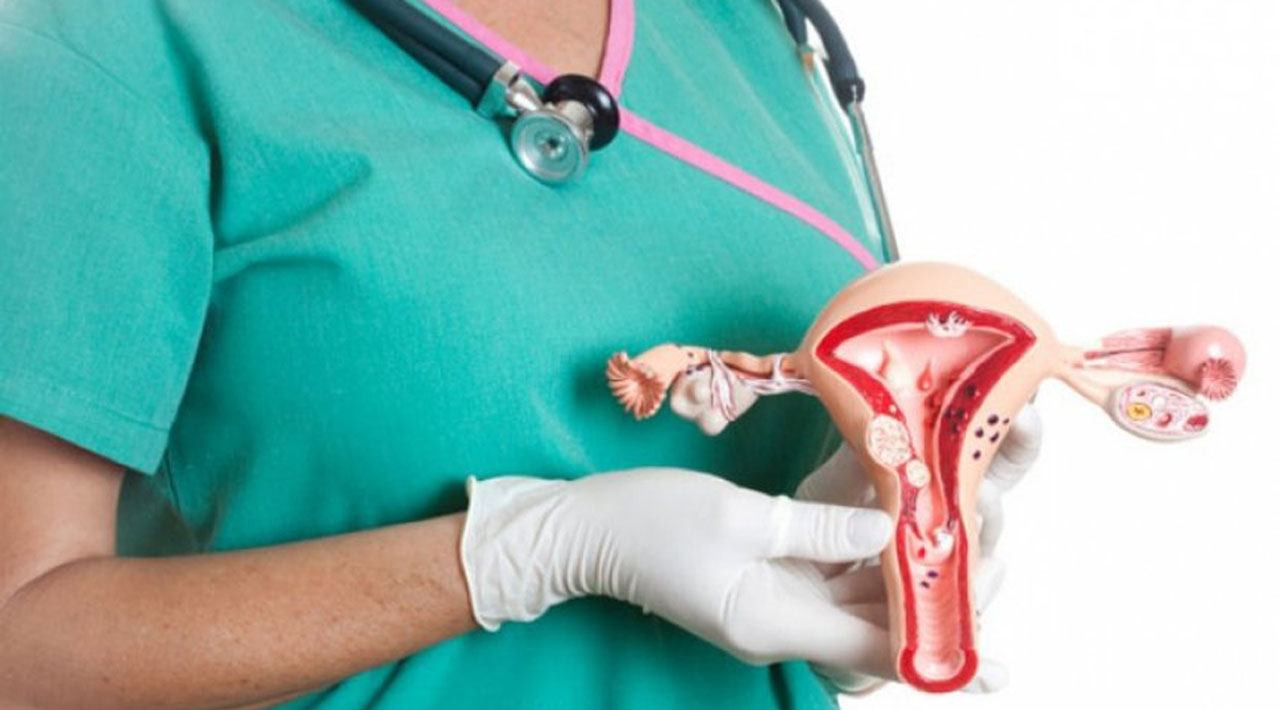HEALTH

OVARIAN CANCER TREATMENT DRAINS $218 MILLION FROM NIGERIANS ANNUALLY
New data from the World Ovarian Cancer Coalition reveals that Nigeria loses approximately $218 million each year due to ovarian cancer — with $132.7 million attributed to socioeconomic costs and over $85 million in healthcare expenditures.
The study, part of the World Ovarian Cancer Coalition’s investigation into the socioeconomic burden of ovarian cancer across 11 countries (published in the American Society of Clinical Oncology JCO Global Oncology), shows that nearly one-third of the ovarian cancer burden in Nigeria results in loss of life.
Ovarian cancer ranks among the most aggressive tumors, with one of the lowest survival rates. Without improved prevention or control measures, projections suggest the disease could claim over eight million lives globally between 2022 and 2050.
Early detection is critical: this year alone, an estimated 22,430 women in the U.S. will be diagnosed, while in Nigeria — where cancer registries are weak — the disease is expected to take over 15,000 lives.
According to the study, if caught early, nine out of ten women can survive beyond five years and potentially beat the disease. However, only 19% of cases are diagnosed before the cancer spreads beyond the ovaries. Alarmingly, over 70% of Nigerian women with ovarian cancer are diagnosed at advanced stages, and fewer than half survive five years after diagnosis.
The report details that ovarian cancer leads to more than $85 million in healthcare costs annually, with average yearly health services for patients totaling about $17,186 — a figure 204 times higher than Nigeria’s per capita healthcare spending.
Productivity losses amount to $2 million each year, with over 152,000 workdays lost and 571 women missing from the workforce. Family caregiving adds another $2.5 million yearly, accounting for over six million hours devoted to caring for women living with ovarian cancer.
Dr. Tessy Ahmadu, an oncologist at the Federal Medical Centre in Abuja, told The Guardian that ovarian cancer is one of the top five gynecological cancers affecting the female reproductive system — but it remains underreported.
According to Ahmadu, while cervical cancer remains the most common gynecological cancer in Nigeria, ovarian cancer ranks second, affecting an estimated 500,000 to 600,000 women.
Ahmadu observed that the common age group affected by the disease is mostly perimenopausal and postmenopausal women. “That’s women almost going into menopause or after menopause, that is between the ages of 45 and 65 years but you can get it earlier.”
She highlighted the risk factors informed by family history or genetic predispositions, as well as modifiable risk factors like smoking, alcohol intake, exposure to radiation, overweight, sedentary lifestyle and poor diet.
“When you have a family history, especially when it comes to ovarian cancer, you are of a higher risk compared to someone who does not have that family history. We also have genetic mutations. Some genetic mutations predispose humans to ovarian cancer.”
She noted Nigeria has gynecologists that are specialised in gynecological cancers, as well as medical and clinical oncologists that specialise in chemotherapy, and targeted therapy, adding the major challenge being faced by cancer patients is finance.
“There is no cheap treatment for cancer. One of the biggest barriers to cancer treatment is the high cost, and more than 90 per cent of the patients pay out of pocket for the cost of the surgery, and treatment. It is expensive and patients will need support.”
Ahmadu explained that the reason for late diagnosis is because of a lack of effective screening tools for ovarian cancer as the Cancer Health Fund does not cover ovarian cancer, but covers breast, cervical, and prostate cancer, and childhood cancer.
She urged women to be conscious of their health and visit the hospital when they have symptoms that they do not understand, like abdominal pain, abdominal swelling or dyspnea among others.
A Consultant/ Oncology pharmacist at the Ahmadu Bello University Teaching Hospital, Zaria, Ramatu Mas’ud Alabelewe, said that cancers can be managed through chemotherapy or immunotherapy and through endocrine therapy, which entails using some hormonal agents.
Alabelewe lamented that many Nigerians pay out of pocket for their health services, stressing that the Federal Governments has put in place the Chemotherapy Access Programme (CAP), an initiative, supported by public-private partnerships, designed to improve access to quality chemotherapy treatments for cancer patients.
Executive Director of Project PINK BLUE, Runcie Chidebe, called on the government and the policymakers to expand the Cancer Health Fund to cover ovarian cancer.
"This represents a significant development in our ongoing coverage of current events."— Editorial Board









